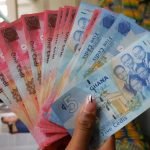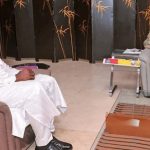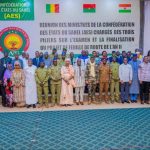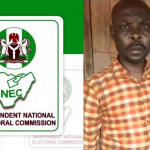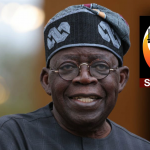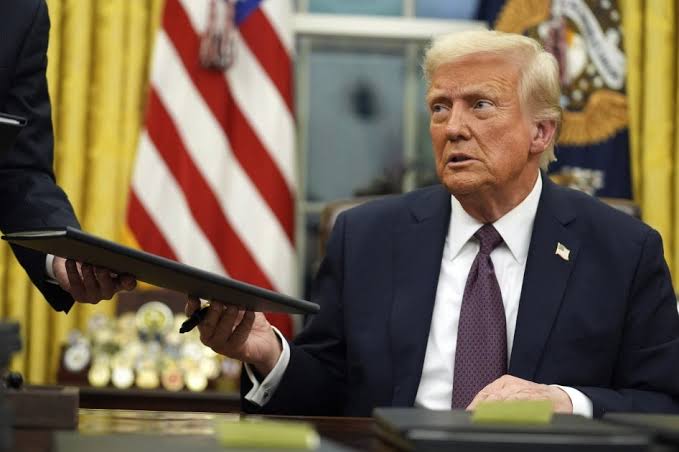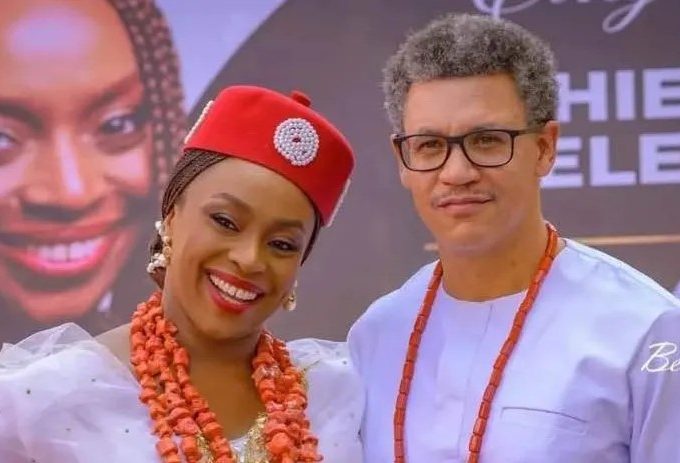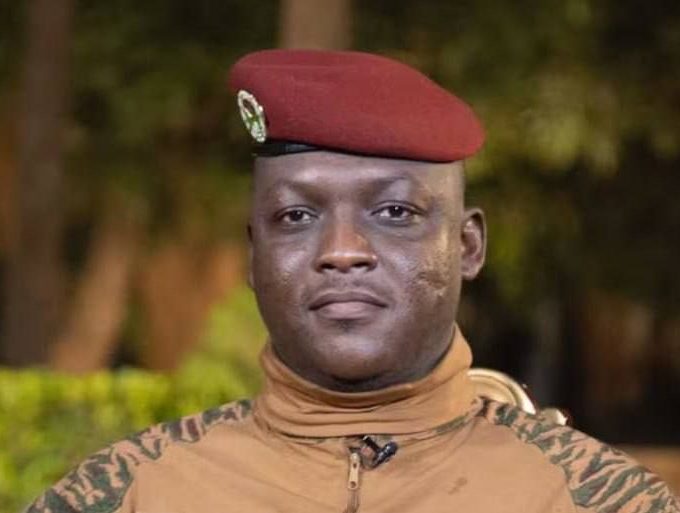
Senegal’s Presidential Election Postponed Indefinitely, ECOWAS Reacts

President Macky Sall of Senegal announced the indefinite postponement of the presidential election slated for February 25, just hours before the commencement of official campaigning.
The decision, unprecedented in Senegalese history, came amidst mounting concerns regarding the integrity of the electoral process.
President Sall addressed the nation, revealing that he had signed a decree revoking the previous measure that had set the election date. This action was prompted by ongoing investigations into two Constitutional Council judges whose involvement in the electoral process had been called into question.
“I will initiate an open national dialogue to establish the conditions necessary for a free, transparent, and inclusive election,” stated President Sall, refraining from providing a new election date.
The decision to postpone the election sparked concern both domestically and internationally.
The Economic Community of West African States (ECOWAS) issued a communique expressing apprehension over the circumstances surrounding the postponement.
“The ECOWAS Commission notes with concern the decision of the Senegalese authorities to postpone the presidential elections scheduled for February 25, 2024,” the communique read. “We urge the competent authorities to expedite the processes to determine a new election date.”
Furthermore, ECOWAS emphasized the importance of transparency, inclusivity, and credibility in the electoral process, urging the political class to prioritize dialogue and collaboration.
While acknowledging President Sall’s decision not to seek another term and encouraging him to uphold Senegal’s democratic tradition, critics have raised questions about ECOWAS’s intervention.
Some have pointed out the organization’s selective approach, questioning why ECOWAS only intervenes in cases of military coups while seemingly overlooking prolonged stays in power by civilian leaders.
Would ECOWAS also intervene to ensure there is an election and transition of power in Senegal because you can’t only raise your brows when the it’s a military coup but ignore civilians who decide to stay in power for longer than they were elected.
— Sheikh Chukwudi Ibn Analo (@SheikhAnalo) February 4, 2024
About The Author
Related Articles
Iran’s Strikes on U.S. Bases Expose the Hidden Dangers of Hosting Western Troops — A Warning for Africa as Leaders Like Tinubu Expand U.S. Military Presence
The recent escalation in military tensions between the United States and Iran...
ByWest Africa WeeklyMarch 5, 2026What Do Countries Targeted by the United States Have in Common?
Look at the list. Iran, Palestine, Venezuela, Syria, Iraq, Nigeria, Somalia, Yemen....
ByWest Africa WeeklyMarch 4, 2026Three Doctors Suspended as Medical Council Probes Death of Chimamanda Adichie’s Son
Nigeria’s medical regulatory authority has taken the rare and serious step of...
ByWest Africa WeeklyMarch 4, 2026Night Gunfire Near Presidential Palace Sparks Tension in Ouagadougou
Gunshots were heard late on the night of February 28 into March...
ByWest Africa WeeklyMarch 3, 2026


